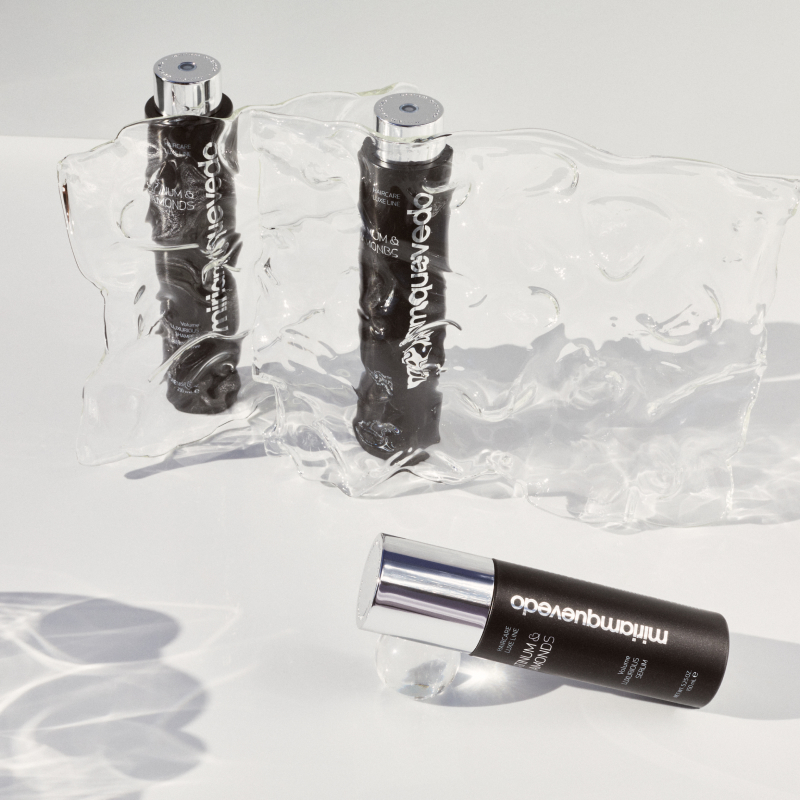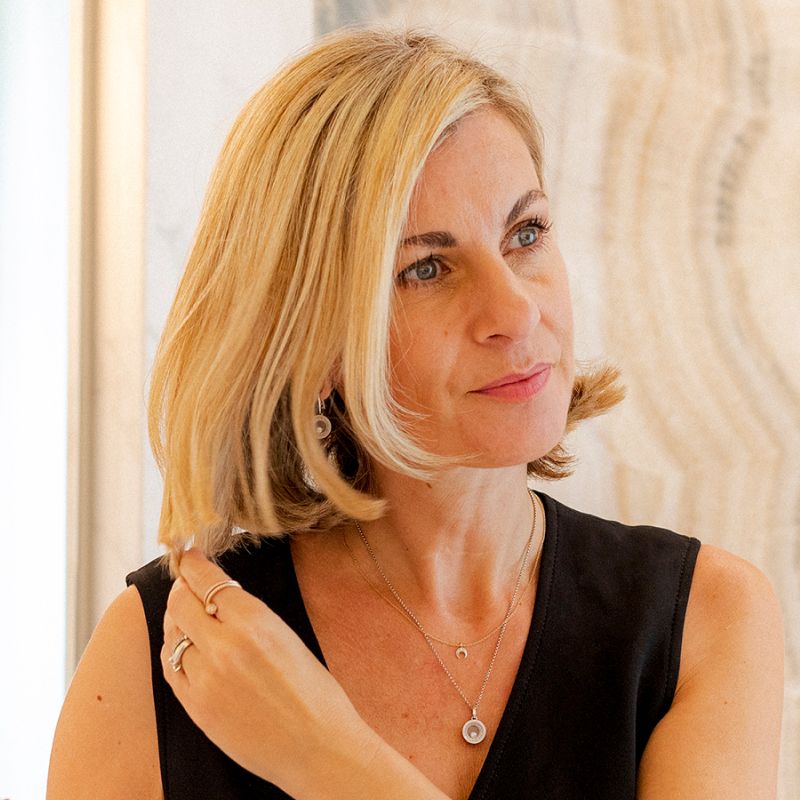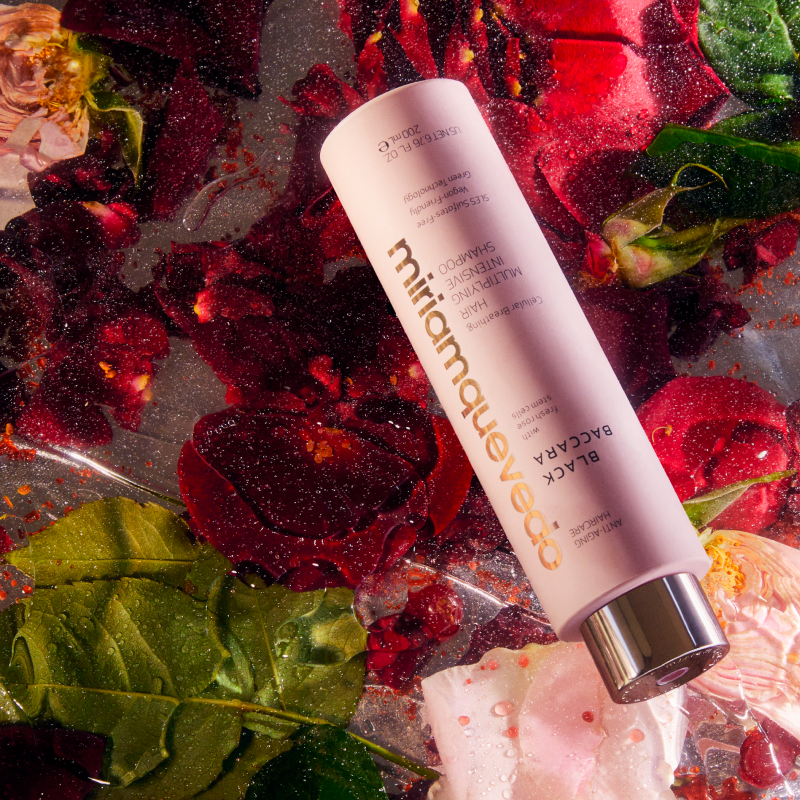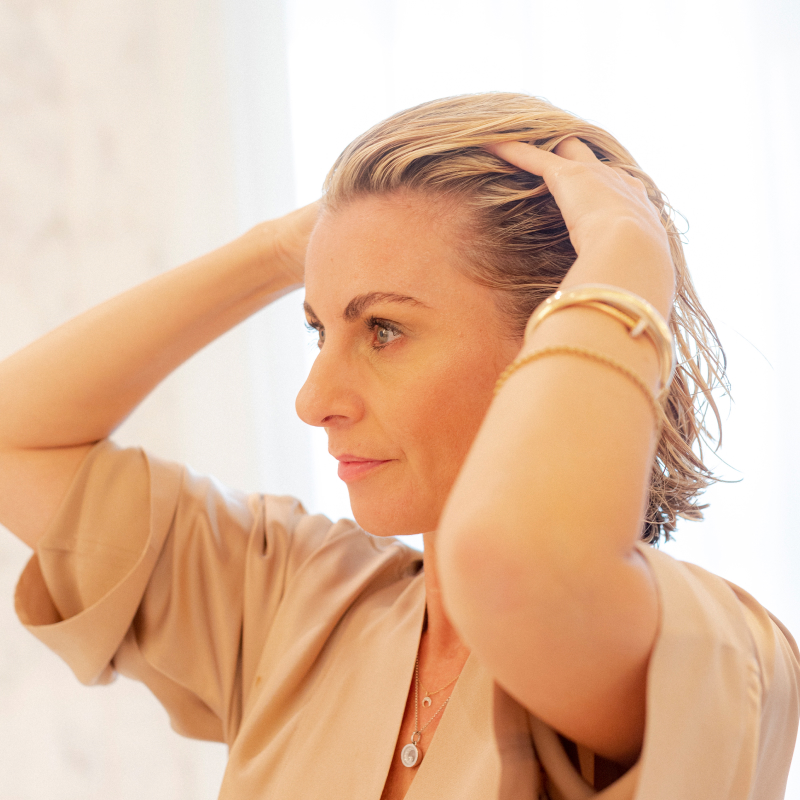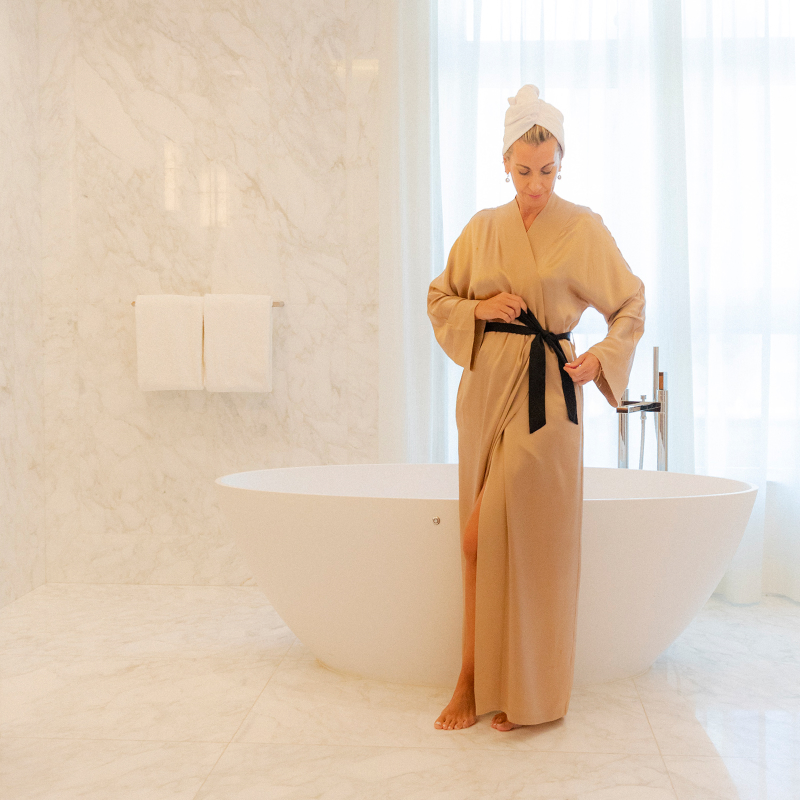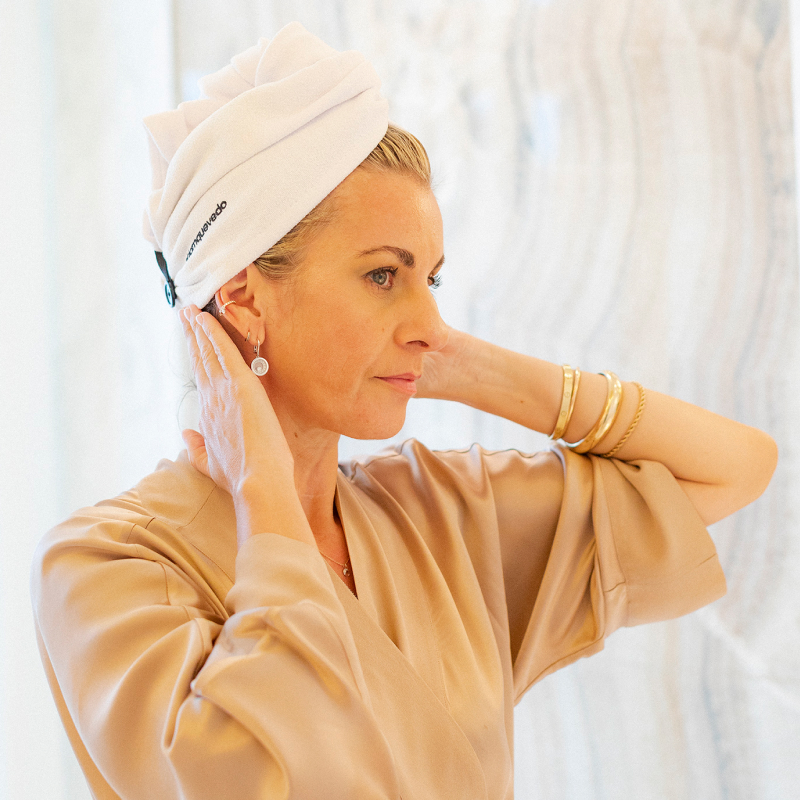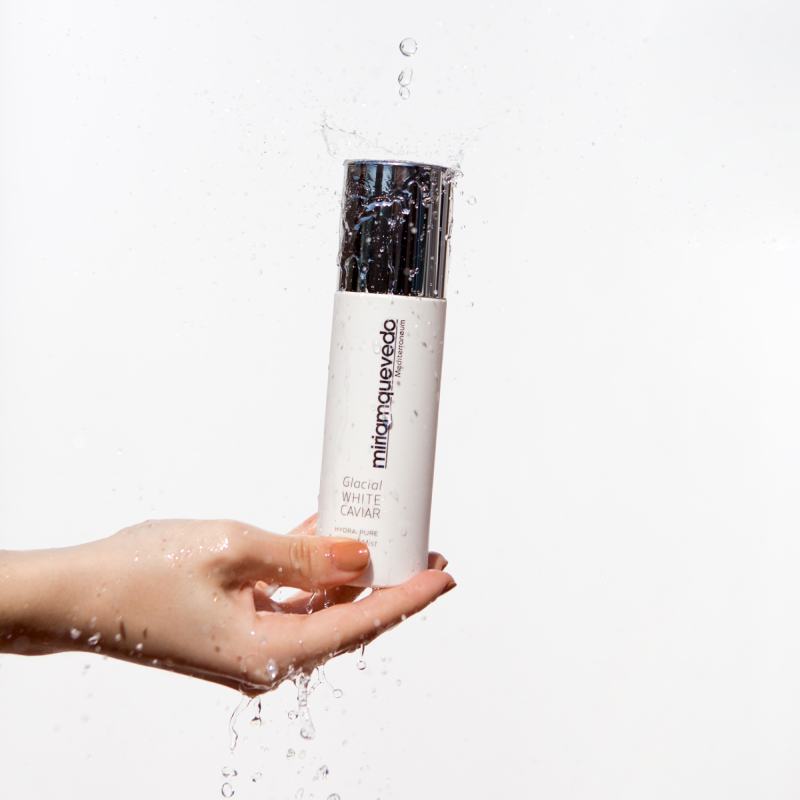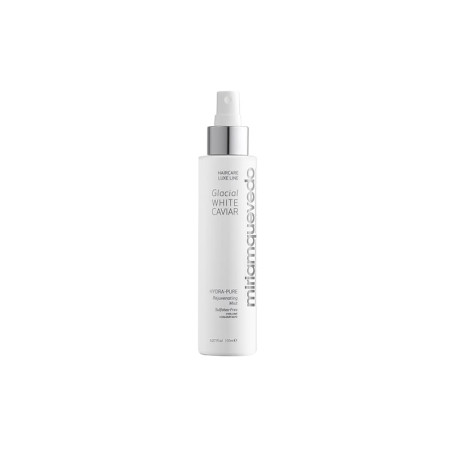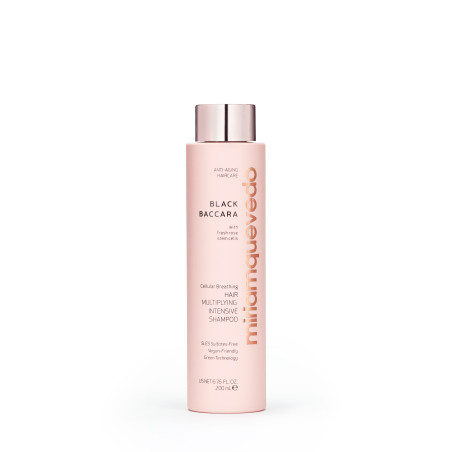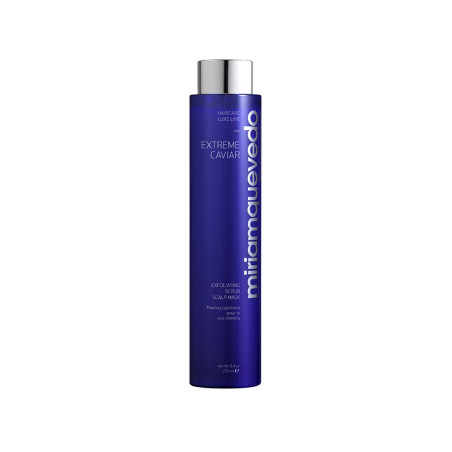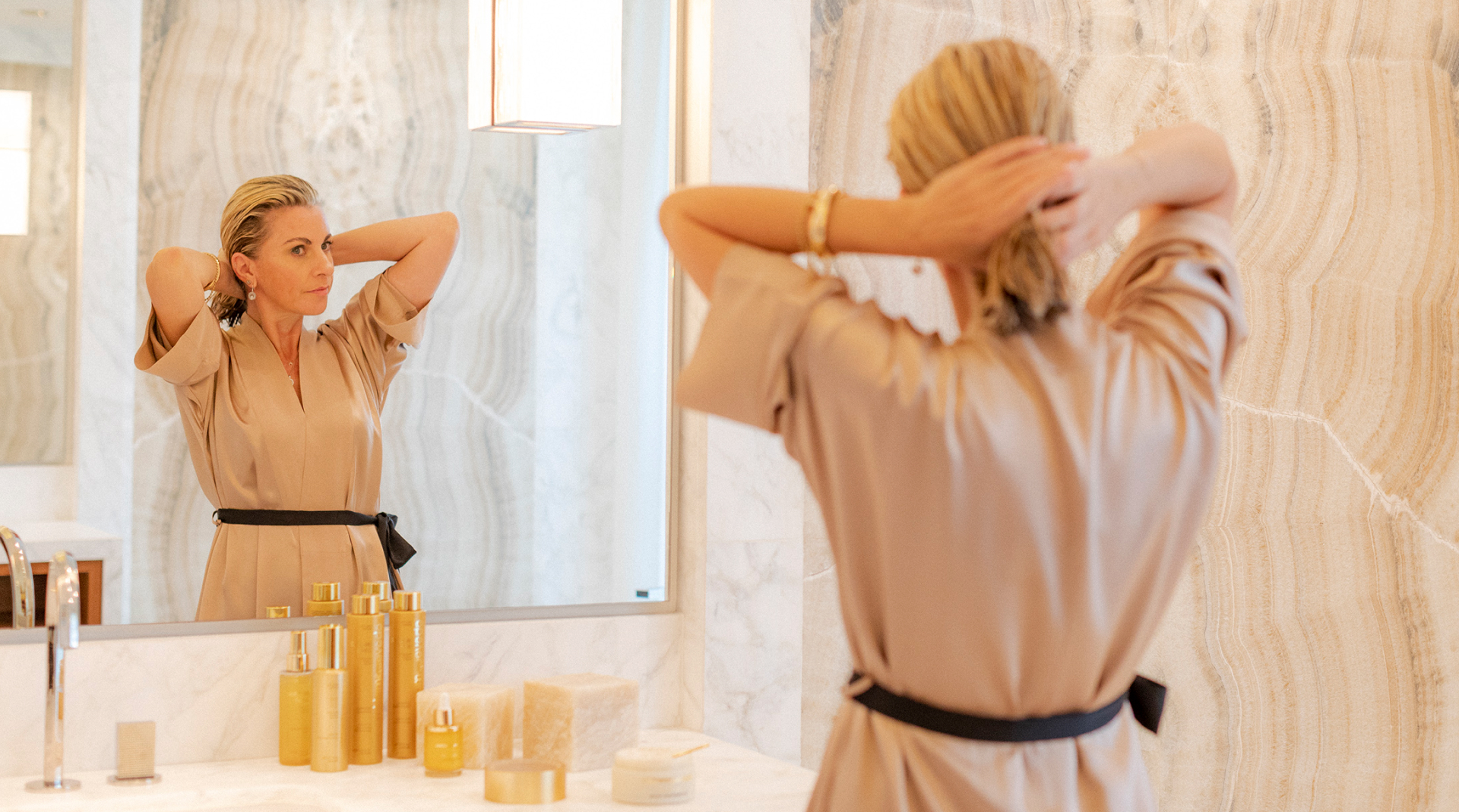
Hair growth, split end recovery, hair density, the dreaded frizz, the impact of heat on our scalp and hair, excess grease, or the consequences of daily hair washing... There are many beliefs surrounding these topics, and it's time to uncover which ones are true. Let's start debunking hair care myths with Miriam Quevedo, our expert and Founder.
01. does stress hinder hair growth?
Stress is an aging factor that significantly affects the hair. It triggers a survival mechanism activated during threatening situations, leading to the production of a hormone called Cortisol. This hormone sends large amounts of energy to the muscles to cope with the danger. The body prioritizes the use of its resources while slowing down or stopping other mechanisms. When the threat ends, everything returns to its natural state. The problem arises when stress persists over time.
Cortisol causes:
· Inhibition of cell regeneration. As cells do not regenerate, the follicle miniaturizes and loses strength.
· Activation of neurogenic inflammation and damage to the scalp, causing itching and discomfort.
· Premature graying. This is because the production of melanin in the follicle is inhibited.
In conclusion, yes, stress reduces hair growth because while the glands are busy producing extra cortisol, they are unable to support healthy hair growth.
The new Black Baccara treasures combat and rebalance cortisol levels and include ingredients that neutralize its harmful effects. Specifically, the Cellular Breathing Hair Multiplying Intensive Shampoo, Longevity Noir Oil, counteracts stress-related hair growth disturbances and helps achieve a stronger and healthier mane.

02. does trimming split ends make hair grow faster?
Trimming your hair won't make it grow faster but neglecting it might slow down its growth due to accumulating damage. Miriam clarifies that hair growth is determined by the hair bulb cells. However, if split ends are not trimmed, the division can progress up to the root, damaging the entire hair and making it finer and weaker. Regularly trimming split ends can help prevent breakage and stop the spread of split ends that always tend to appear.
“Keep in mind that hair originates from the scalp, so maintaining its health and using hair growth & density treatments that maintain a well-anchored follicle, such as the Black Baccara concentrate, will help your hair grow faster," says Miriam.
As for the best time to trim your hair, "I always recommend a trim before and after summer. Hair grows faster during warm periods, so a small trim is great for a smoother, healthier, and more beautiful fiber."
03. does covering your hair lead to more dirt?
People who regularly wear helmets, caps, or headscarves (like a hijab) are more prone to scalp imbalances. Apart from becoming dirtier more easily, the friction from the materials and atmospheric moisture, worsened by pollution, creates a microenvironment that reduces oxygenation, leading to scalp sensitivity, irritation, and discomfort, potentially resulting in hair loss.
Black Baccara's Intensive Shampoo contains Red Berry Biflavonoids, which alleviate redness and scalp discomfort, particularly beneficial for individuals who often wear helmets in urban areas or headscarves.
04. the truth about dryness and frizz
The combination of UV rays, intense heat, free radicals, sulfate-containing products, and towel friction strips hair of its nourishment, hydration, vitality, and luminosity, leading to frizz. These factors extract moisture from the hair and scalp, deplete natural oils, disrupt the protective barrier that keeps cuticle cells together, and internal moisture, oxidize, and damage hair protein.
This is where one of Miriam's favorite rituals comes into play: Sublime Gold Opulent Luminous Transformation Ritual. It's a true gem for your mane because it nourishes, transforms, and repairs your hair. Enhanced with 24k Bioactive Gold, it regenerates and rejuvenates hair on a molecular and cellular level. Additionally, if you add the Ultra Brilliant Mist, a hair mist with UV protection, you'll achieve a shiny and luminous mane.
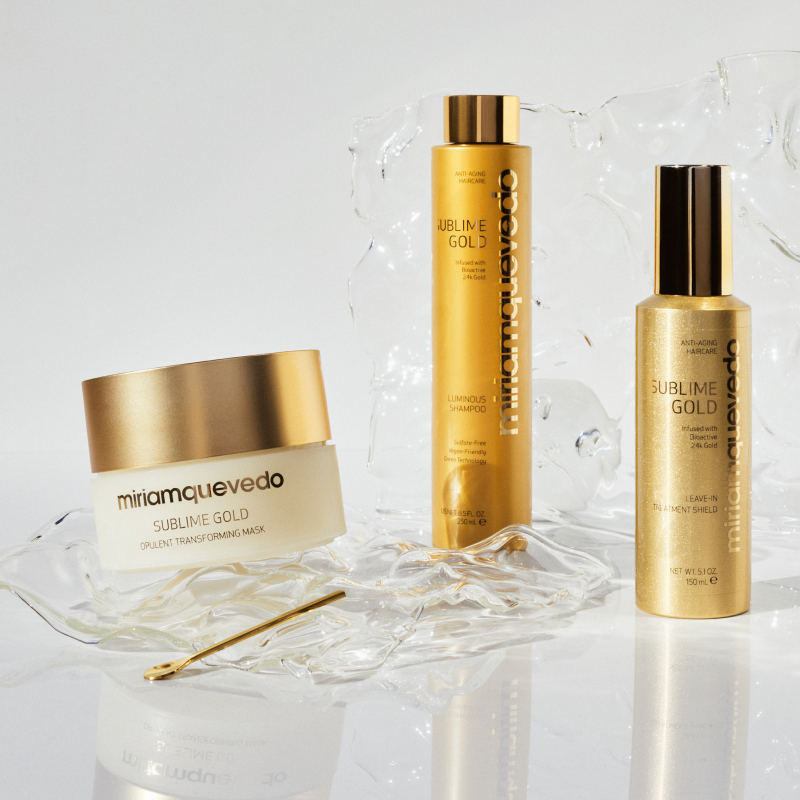
05. what happens to the scalp and hair with heat?
Heat doesn't just affect our hair but also our scalp: excessive sweating, dilated pores, imbalanced sebaceous glands.
Miriam suggests, "The solution is Extreme Caviar Exfoliating Scrub Scalp Mask, designed to deeply revitalize and detoxify the scalp and rebalance the sebaceous glands. You can also include in your anti-aging routine, the Extreme Caviar Charcoal Shampoo to control excess sebum and Extreme Caviar Vitamin Shock Treatment, a concentrate with ingredients like Caviar that strengthen and nourish both hair and scalp.”
06. does shower water affect my hair?
The water quality you use for washing is crucial for the appearance and health of your hair and scalp. Hard water contains a high amount of minerals, magnesium salts, and calcium, which can dry out and dehydrate your hair, as they adhere to the fiber, alter the scalp's pH balance, clog pores, and block natural sebum production.
If you live in an area with hard water, like Barcelona, the Black Baccara Intensive Shampoo contains a Fruit Alpha Hydroxy Acid Complex that eliminates the buildup of limescale or heavy metals and the harmful effects of hard water through gentle exfoliation.
07. how do i know if i have greasy hair?
"If you notice that your hair looks shiny and heavy shortly after washing it, you probably have grease at the root. Other signs may include itching and the presence of dandruff," states Miriam.
There's also a simple test that can determine if you have grease: take a piece of vegetable paper, tissue paper, or rolling paper and press it on your scalp for a few seconds. Sweat dries, but grease leaves a mark and shines.
Ver esta publicación en Instagram
In such cases, it's essential to use products that regulate sebaceous gland activity, such as:
· Extreme Caviar Purifying Charcoal Shampoo: It's specifically designed for greasy hair, a detoxifying and purifying shampoo that cleans hair without irritating the scalp, simultaneously soothing dryness and sensitivity, preventing scalp flaking and redness.
08. can I wash my hair everyday?
One of the most common myths about hair care is the frequency of washing, and there isn't a one-size-fits-all answer.
Miriam explains that hair washing frequency depends on each person and their hair type. "It's not dangerous to wash your hair daily as long as you use appropriate products that respect the scalp and hair fiber. Don't be afraid to wash your hair every day because our shampoos are sulfate-free!".
Do you know why you should avoid sulfates? They are harsh chemical cleansing agents that can irritate and dry your scalp. Their strong cleansing power can even strip the protective oils from your skin and hair, potentially causing frizz.
Additionally, our founder recommends letting your shampoo sit for a few minutes before rinsing to allow for deeper cleansing and better absorption of active ingredients.
09. does hair get used to shampoo, and should you change it often?
There's a popular belief that hair gets used to a shampoo and needs regular changes. However, the key to healthy hair lies in using quality products that cater to the specific needs of your hair and scalp.
"If the needs remain the same, you shouldn't change your shampoo. However, keep in mind that depending on the season, the characteristics of the hair and scalp may change. What might be happening is that your needs are changing with the season, and the shampoo that used to work perfectly for you may no longer be suitable," clarifies Miriam.

10. is it true that you should change your hair parting?
"Changing your hair parting prevents and protects against scalp inflammation and prevents hair loss by preventing weakening of the follicle or the onset of alopecia in that area," explains the founder.
UV rays, pool chlorine, product buildup, or improper cleaning can also lead to an inflamed scalp. The solution is Glacial White Caviar Hydra-Pure Rejuvenating Mist, a multifunctional mist with powerful antioxidants to protect your scalp and hair from oxidative stress.
11. can't i use a mask or conditioner if i have fine hair?
To conclude the debunking of haircare myths with Miriam Quevedo, she states that "on the contrary, those with fine hair should not avoid using masks or conditioners. However, it's essential to choose lightweight products specifically designed for fine hair that don't weigh it down and to rinse the hair and scalp thoroughly to avoid leaving residues that can weigh it down".
For example, the Platinum & Diamonds collectionis perfect for this type of hair. It provides volume while deeply moisturizing and nourishing the hair, leaving it silky and shiny.
